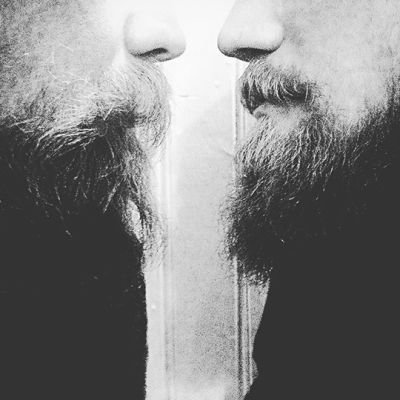Masculinities and Sexuality
अस्वस्थ्य मर्दानगी या विषाक्त पुरुषत्व का हिंसक होने के लिए ज़रूरी नहीं है कि जाहिर तौर पर मौखिक या शररिक रूप से घातक हो। इसके लक्षण रोज़मर्रा के वार्तालाप या अंतरंग बातचीत से भी सामने आते है।
मोहनस्वामी – लेखक वसुधेंद्र अनुवाद – रश्मि तेरदल (हार्पर पेरेनियल Harper Perennial, 2016) जब मैं छात्र जीवन में पढे गए…
प्रतिमा का यह एक-चला रूप, जिसकी उपासना पहचान और पहचान की राजनीति से जुड़े क्विअर समुदाय के लोग करते हैं, जैविक सम्बन्धों और विषमलैंगिकता के विचार पर बनी परिवार की इस परिभाषा को चुनौती देता है।
There is someone in my life who had a terrible childhood, has had several liaisons and whose father married twice. He says that he hated his father. How would his father react to his son’s liaisons if he were alive? If I love a cyborg or a person of the same gender, how will my father react?
Kumbalangi Nights is a beautiful glimpse into how masculinities are performed and what it does to the men performing them, as well as to their relationships.
This malignancy of toxic masculinity is a mutant inheritance that is hard to eradicate. However, initiating discussions about it and spreading awareness is essential to minimise the cost to its victims.
Is a moustache synonymous with the socially established understanding of what makes a ‘man’, is it what marks the degree of manliness, or rather, the degree of male privilege, and is it something that defines the kind of relationships men share with each other?
Through its vivid and raw depictions of socio-cultural life in rural Karnataka, the author, Vasudhendra, a key voice in contemporary Kannada literature, brings forth his identity in all its intersecting dimensions, through the inclusion of class, caste, religion, gender, rural-urban location, education and language.
Traditional masculinity is not without its problems but to eliminate its component of stoicism is to pull the rug from under a cast of tough and determined characters who make society function.
The inability to correctly identify, express and soothe (all three without exception, and in no particular order) inner vulnerabilities and imperfections is the weakest link between asserting masculinities and being able to properly live their full potential.
I believe that such mini-series as “Unbelievable” will help people have a better understanding of what women go through when they experience a horrific incident like rape or sexual assault.
My interaction with men started once I finished school and most men in my life have been decent to me, to say the least. However, there are different sides of maleness or manhood that I have come to experience.
As these correlations between gender development, physical violence and mass shootings come into sharper relief, the term “toxic masculinity” has become a staple of public discourse used to characterise men like Connor Betts, and even Sandeep Singh.
Dilli ki Galiyaan therefore offers us a broader canvas for our desires, than the one afforded by the clear cut binaries of our current debates. The text shows that there will be masculinities that we urgently need to discourage; while men who do not encourage us will continue to exist.
This immense pressure to perform masculinity throughout each day and night not only impacts men’s wellbeing, but it also inevitably impacts the way they interact with the world around them. These interactions – this performance of control over oneself and others – reinforce the social norms and norms of power that drive gender inequality.














